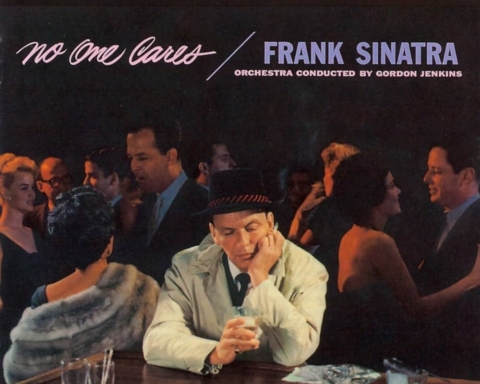By Taylor Nigrelli
Digital Media Strategist
“Mad Men” has never been a show for the common man. It has always catered to a certain audience.
To the type of person who appreciates truly brilliant dialogue. To the kind of person who wants a plot that is both interesting and not absurd. To a person who’s never been wholly satisfied with a television series before.
The AMC drama recently kicked off its final set of episodes (the final season technically started last spring, but it was broken in half and split between two springs for reasons that remain unclear to everyone outside the AMC offices). In six weeks “Mad Men” will be no more, and its ending perfectly encapsulates the spirit of the show.
The series is ending only in the most literal sense of the word. Unlike Breaking Bad, which careened toward the finale of a singular storyline while fans guessed at the fate of each character, “Mad Men” executive producer Matthew Weiner will simply cease making episodes. There will be no forced resolutions to each character’s issues. There is no through line – no single story that is coming to an end. It’s essentially just another season of the show that happens to be the last one.
The show has never really been about all-encompassing storylines or grand, sweeping changes to the format. There are no explosions, no murders, no villains brought in for the sole purpose of villainy.
“Mad Men” is a show about an ad agency and those who inhabit and pass through it. It has remained so through seven seasons, nearly 100 hours of television and the entire decade of the 1960s, according to show’s time frame.
This isn’t to say the show is boring; it’s anything but that. The plot is complicated and constantly developing. Its usual pace is broken up with the occasional office lawnmower foot-mangling accident or an unexpected suicide.
There are plenty of characters and very few of them are static. One character does not take a break from developing so that the show can focus on another’s development. But as the characters develop, they rarely change.
Circumstances change as characters move up in their careers, get married, inevitably divorce and, in some cases, move to a land of coleslaw pastrami and snow mountains in the summer (California). But, at their core, those characters do not change. Roger Sterling, perhaps the show’s most popular character, was married at the show’s onset. He left his first wife for a woman roughly 30 years younger, married the younger woman, decided during an LSD trip he should divorce her too, impregnated his former secretary (whom he used to cheat on his first wife with), was rejected by her, lived in a free-love hippy den and has now moved on to life as a charming 50-something bachelor. Yet, I defy any viewer to tell me how season seven Roger is any different than his season one version.
The characters develop without changing. Peggy remains frustrated and alone, Roger is ever-witty, Don is mysterious and emotionally-broken, Pete Campbell’s hairline recedes to the back of his head half as a joke and half as a symbol for the unstoppable march of time.
There may never again be a show that resembles “Mad Men” –a drama so funny, a plot so unchanging yet consistently entertaining, a show that ends on its own terms without really ending. It’s a show that’s almost about nothing – there is no singular storyline. There is no beginning or end. It’s as if the cameras arrived late and will leave early.
“Mad Men” will come to an end May 17, but not in a way that any television series ever has.
nigreltn11@bonaventure.edu








